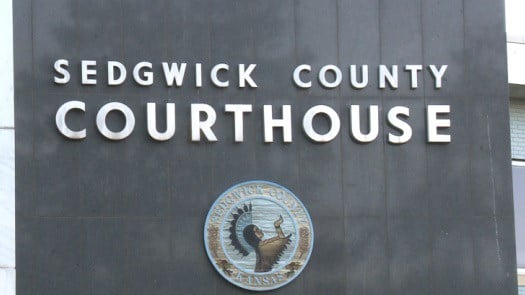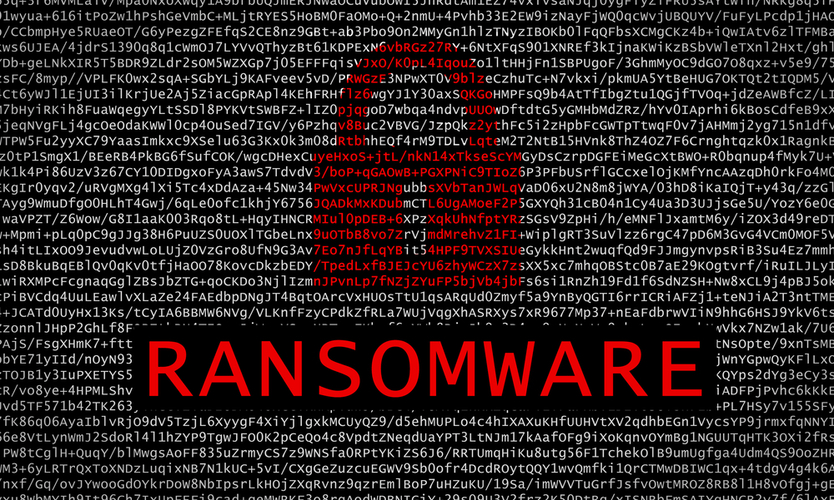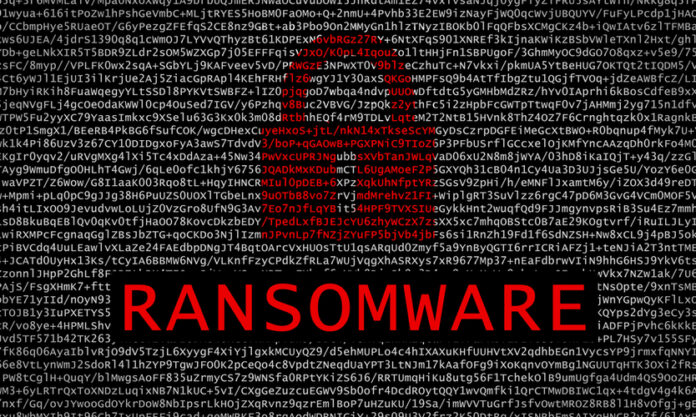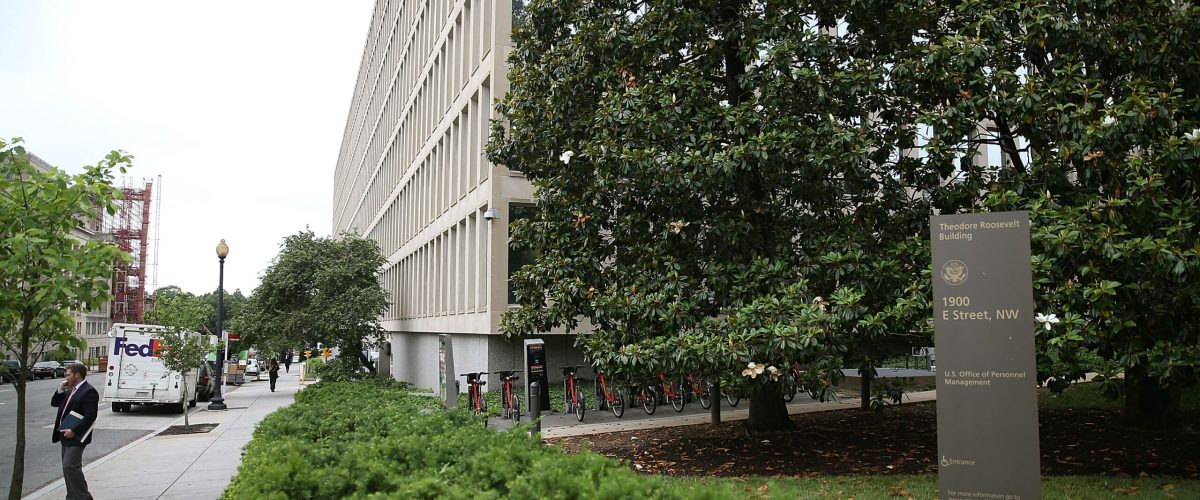Dallas County computer systems targeted in cyber attack Oct. 19, county judge says
A cyber attack recognized by Dallas County officials Oct. 19 may have compromised the personal information of employees and residents, according to a statement from County Judge .
Jenkins said in the statement, released Monday, that the county is working with police and external cybersecurity experts to determine the extent of the information compromised in the attack. Dallas County officials took immediate steps when the attack was identified on Oct. 19 to contain it.
Jenkins did not say how extensive the attack was, who may have been impacted or what information was targeted. The county has put “stringent security protocols” in place to “safeguard our systems and data,” he said in the statement.
“As the investigation is still ongoing, we do not want to make premature assumptions about the extent of impact or other details, which may evolve as the forensic investigation advances,” Jenkins said. “We value the trust and credibility we have established with our residents and partners and strive to maintain accuracy in the information we share.”
The city of Dallas was hit with a ransomware attack in May that disabled systems for months and exposed information related to more than 30,000 people. Dallas officials identified the attackers as ransomware group “Royal.”
In June, Fort Worth was targeted by a cyber attack that resulted in a leak of roughly 180 gigabytes of city work orders and police reports. SeigedSec, a self-described hacker group of “gay furries,” was identified by the city as the perpetrators of the attack. It said on social media around the time of the attack that it was targeting Texas governments because of the state’s policy on gender affirming care.
The city said in June it was confident it had identified and plugged the hole that allowed the hackers access to the city’s systems. Unlike the attack in Dallas, the hack on Fort Worth’s systems was not ransomware.




